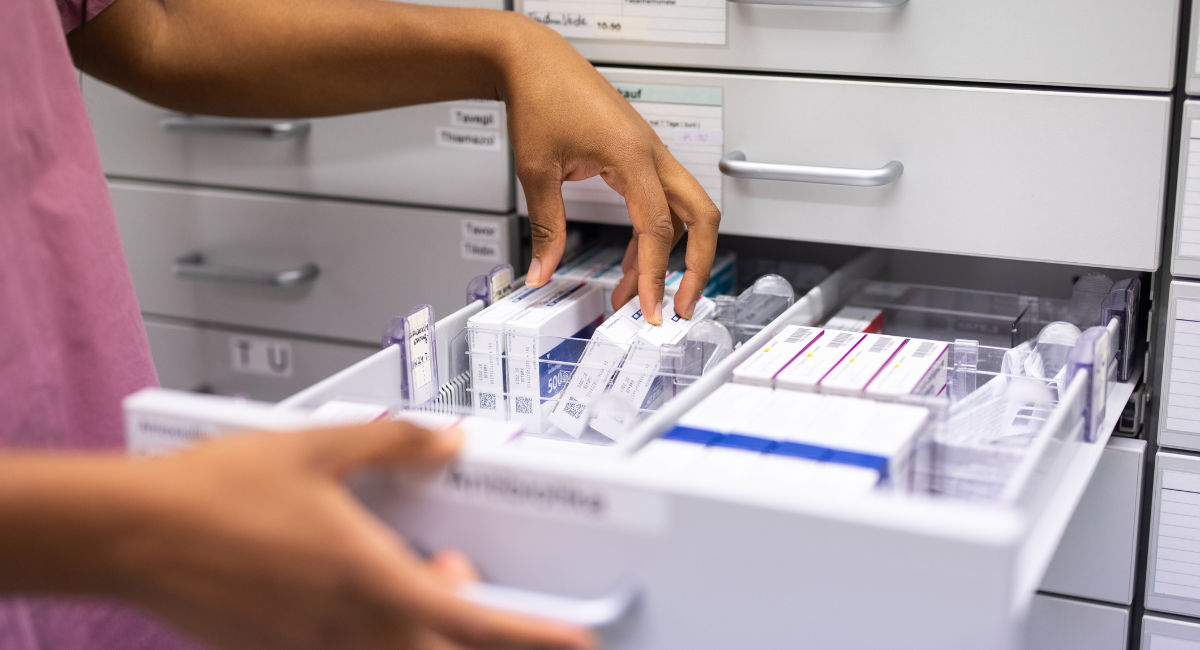A Connecticut bill proposed by Senators Ryan Fazio (R) and Heather S. Somers (R) would allow pharmacists in the state to prescribe certain types of birth control to women and teens without any physician involvement.
S.B. No. 171 overwhelmingly passed the public health committee vote on January 30 in a vote of 34 to three. It still requires a yet-to-be-scheduled public hearing before it can progress.
Risks of hormonal birth control
Pharmacists who prescribe birth control to women and teens do not monitor the patient’s mental health or monitor her for potentially dangerous side effects.
The risks of birth control to women include both mental health effects and physical effects. A Denmark study reviewed data from over one million women ages 15-34 and found that women taking the combined oral contraceptive birth control were 23% more likely to be diagnosed with depression. Women using progestin-only pills were 34% more likely to be diagnosed with depression. And teenage girls on combined oral contraception were at an 80% increased risk of being diagnosed with depression.
Other hormonal birth control products carry the risk as well. The rate of depression was even higher for women who used hormonal IUS(IUD)/coil, the patch, or the ring, according to The Guardian.
In addition, in a study of half a million women aged 15 and older, the University of Copenhagen found that women using hormonal birth control had triple the risk of suicide than women not using hormonal birth control. The patch had the highest risk of suicide attempts, followed by IUD, vaginal ring, and oral pills. Teenagers were again at the highest risk of suicide of all age groups.
Researcher Dr. Øjvind Lidegaard pointed out that studies showing no significant increased risk of suicide with hormonal birth control excluded women ages 15 to 25.
Women and girls who take birth control are also at risk of blood clotting, especially those that are already at risk and may not know it. Brittany Malone and Alex Rowan were both 23-year-old college graduates when they suddenly died from complications of hormonal birth control. Brittany died from”acute respiratory failure, diffuse pulmonary hemorrhage, diffuse venous thromboembolism with deep venous thrombosis, [and] severe anoxic brain damage. Alex died from a massive pulmonary embolism. They aren’t alone.
Further risks include decreased bone density, infertility, and increased risk of heart attack and certain cancers.
“A medical doctor was not involved in this prescription … and what is prescribed is a medication,” Rep. Karen Reddington-Hughes, one of the three senators to vote against the bill, said. “If the young adults they would be prescribing to didn’t have a medical examination, if they perhaps had any heart conditions or high blood pressure, that kind of medication would be counterindicated and be harmful to them.”
This is not about health care access
“It’s very important to make birth control more readily available and convenient for consumers, allowing them to have access to these medications without the need to see a physician,” said Somers. “Many times it’s tough to get to see a physician, if they aren’t readily available to new patients. This [bill] increases accessibility, especially to people in rural areas, people with limited resources.”
The bill is also supported by Connecticut Department of Consumer Protection Commissioner Michelle Seagull, who said, “Providing the ability for pharmacists to prescribe safe and effective contraception to women who ask for it is just one way we can reduce barriers to health care for women.”
According to Sen. Fazio, 75% of women surveyed said that they are “confident in the ability of their pharmacists to prescribe birth control.”
Despite the risks, the bill’s supporters want to ensure that women “with limited resources” — in other words, financially disadvantaged women — have access to birth control without access to a doctor.
Emergency contraception in vending machines
A second proposed bill, H.B. No. 5197, sponsored by Reps. Devin Carney, Tammy Nuccio, Nicole Klarides-Ditria, and Tracy Marra, aims to legalize the dispensing of emergency contraception such as Plan B in vending machines. These machines would be placed mostly on college campuses, offering emergency contraception at a reduced rate for young women.
Kelly Cleland, spokesperson for the American Society for Emergency Contraception, feels having to ask a pharmacist for Plan B is “intimidating because of the social stigma around unwanted pregnancies.” She also complained about an age restriction that some pharmacies have on Plan B sales despite the FDA’s lifting of such restrictions in 2013.
“That gives a lot of discretion on the part of the [pharmacist] in control of whether they would let you buy it or not,” she said. “Vending is a good solution for that.”








